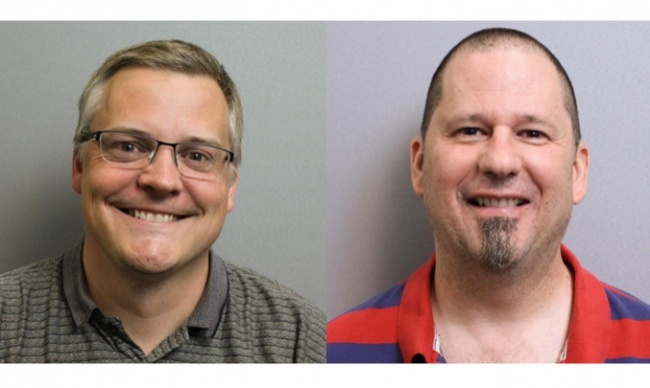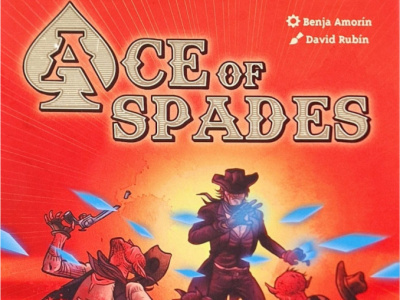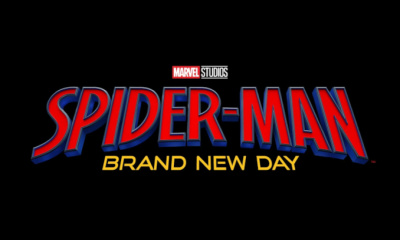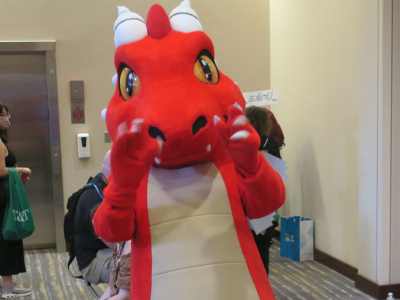Earlier this fall, we visited the Roseville, Minnesota headquarters of game giant Asmodee North America and conducted a series of interviews with Asmodee North America CEO Christian Petersen and Asmodee CMO Steve Horvath. In this interview on diversity issues in the games business, we talked about the audiences for games and how they can be expanded, the brouhaha over the Conan board game, the gender mix on the creative side, and how Asmodee can support retailers in expanding their audience.
Here are our interviews with Asmodee execs, and photos from our visit:
ICv2 Interview: Asmodee Execs on the State of the Market, Part 1
ICv2 Interview: Asmodee Execs on the State of the Market, Part 2
ICv2 Interview: Asmodee Execs on New Distribution Policies
ICv2 Interview: Asmodee Execs on the ANA Consolidation, Part 1
ICv2 Interview: Asmodee Execs on the ANA Consolidation, Part 2
ICv2 Interview: Asmodee Execs on Counterfeiting
Photos from the Fantasy Flight Games and Asmodee North America HQs
We want to ask about the demographics of the audience and the opportunities that are presented by appealing to a more diverse audience.
Steve Horvath: There is a huge opportunity. We're very mindful of that in all the products that we make to try to appeal to as many people as we can, and show that everybody's a gamer, or can be a gamer.
Just recently, a magazine posted an article about how the Star Wars: Legion game actually has female rebel troopers in it as well. Games like Netrunner have been, I think, a trendsetter for showing diversity, both gender and ethnic diversity. It's something that we strive very hard to do all the time.
You look at our Star Wars Roleplaying Game, in terms of the characters, we're trying to have more universal appeal, because we think Star Wars and games in general are for everybody. We try to depict that in the games that we make.
Christian Petersen: We make games that we think are going to be great and fun, and are going to be authentic to themselves. We hope they will find an audience. We believe that games with any number of characters of any sex, or race, or whatever, should have an audience.
That said, we don't want to go out of our way to compromise the story or experience that a game wants to tell, just to create some sense of inclusion or diversity. We want to create respect for all, and we want to have a game that gives an authentic impression, whether it's historical or telling a new tale. We're going to try to get the biggest audience that we can, and we will make games for different types of people.
Hobby games has historically been overwhelming male, which is not something that any of us created. That's the business that we walked into. But that's obviously only half the market. There are also a lot of opportunities with other ethnic or racial groups, which are also underrepresented in the hobby games field.
Petersen: The way I see it is that we have to start respecting that certain people have certain tastes, and want to hear certain stories. ANA wants to have respect for all, just as we want to expand our audience.
You have a huge portfolio. What would be an example of a game that has close to even, or even majority female gender mix?
Petersen: We have a huge amount of diversity in Netrunner. A game like Splendor has a very significant female presence.
Horvath: The Arkham Horror games have a lot of strong female and ethnic characters.
Petersen: Arkham Horror, yeah.
I believe that we have to be careful when trying to contrive something that's not going to be authentic, such as altering a character or fictional situation to conform to some unwritten rule of inclusion that mandates representing every sex, race, etc. This introduces some ancillary motive rather than actually telling a story and providing a good game.
We have to be careful about creating a sense of discrimination against people who like a certain type of product. I hope my daughter finds stories and games that resonates with her and that enrich her journey through life, not those that unwritten societal rules shame her into liking or not liking.
There was a brouhaha over Conan: The Board Game (see "Asmodee Ex-Employee Attacks 'Conan: The Board Game'"). That was yours, right?
Petersen: That was a game that was distributed; it was made by a French company.
And an example of a character that historically came out of a very male-oriented audience, male-oriented roots. Some people responded negatively to that in the current marketplace. Is that what you meant when you were saying you have to be true to the story?
Petersen: That's what Conan is. If you don't like Conan, I totally respect you not liking Conan. I'm not going to find you to be a worse person for liking Conan or not liking Conan. It is what it is.
Conan was done by a separate studio that Asmodee distributed across the world. The game does not necessarily reflect our values, or what we would do in a game. It reflects theirs. They wanted to express Conan in a certain way that was very similar and authentic to the way Conan had been represented in the past and in the source material.
Horvath: They actually hired a Conan scholar to get the game as authentic as they possibly could.
At the designer level, there seem to be hardly any female game designers. Do you think that's true? Is that changing?
Petersen: We have some great ones at FFG. I don't think in terms of male or female game designers. I think in terms of people who can create great game designs. I think it would be a big problem if we were to judge a game design or an idea on the basis of who made it.
No, but the argument is, if you want characters that resonate with a female audience, it's great to have a female viewpoint in designing the game.
Petersen: Sure, bring them on. I'm a designer from time to time. I design from the context of my life experience, how I grew up, what I like playing, and what I would want to play myself. I think I can tell a good story, and do a good job with that.
I don't think I could do a very good job trying to create a game that somebody else would really like, but which I can't connect with. I think that's important: to allow people to have expressions in a way where they feel that they can tell a narrative and a story that is resonant to them. More female game designers would add different texture and different experiences than male designers, which would be a great thing for games!
Whether it's about one thing or another, I’m concerned there's increasingly little tolerance for any type of story that doesn't check all the politically-correct boxes. I think that's a problem for all creators and for innovation. We should be able to create a diversity of many different stories and games. Not all stories need check every single values box that someone may have. Personally, that's my opinion.
How can you support retailers in the mission of expanding the audience, beyond the product itself? Are there things you can do in terms of your sales, your promotion strategies, or other things you could do to help them expand their audiences at the retail level?
Horvath: If we help them grow their business overall, which we can do it with products that are diverse, the natural outgrowth of that should be reaching a more diverse audience.
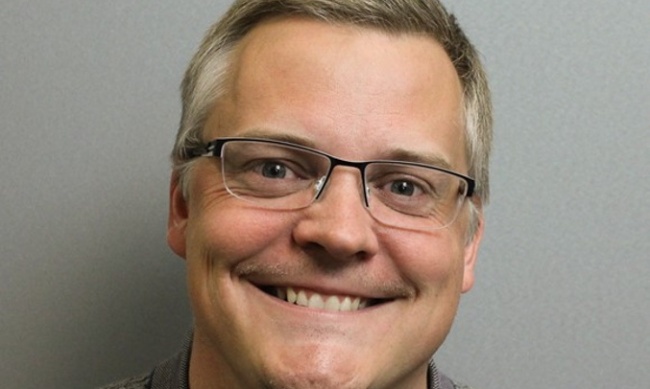
Expanding the Audience, the 'Conan' Brouhaha, Designer Diversity, More
Posted by ICv2 on January 8, 2018 @ 4:00 am CT
MORE GAMES
Column by Scott Thorne
August 11, 2025
This week, columnist Scott Thorne notes a new twist in the Diamond Comic Distributors saga and shares his thoughts on the Gen Con releases that will make the biggest impacts.
Due to 'Inappropriate Illustrations'
August 11, 2025
Devir Games is recalling its recently released game Ace of Spades, which it acknowledges included "inappropriate illustrations, texts, and card effects."
MORE NEWS
Showbiz Round-Up
August 11, 2025
The summer heat is on, and Hollywood news is boiling over. Time for a round-up!
Thursday July 31, 2025; 'D&D,' 'Riftbound,' and More!
August 8, 2025
The story of Gen Con 2024, as told through ICv2's staff photos, began on the morning of Thursday July 31, 2025 on the convention hall floor.



